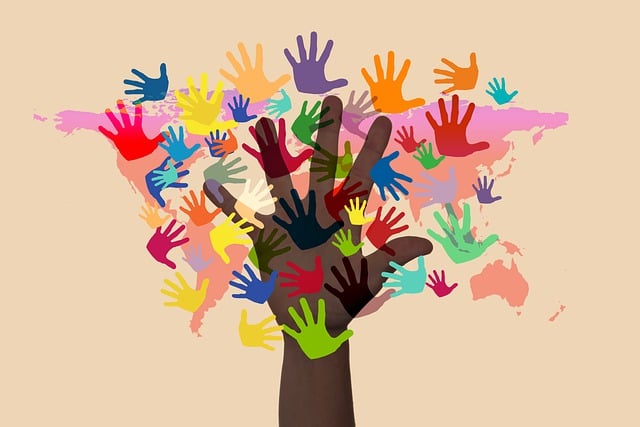Education Hub.
NOVEMBER 27, 2024
Philanthropy – more than just giving

When it comes to making a difference in the world, you might think about donating money or lending a hand to a charity. But beyond these acts of generosity, philanthropy steps in, offering a more strategic and long-term approach to addressing societal challenges. Let’s dive into the basics of philanthropy and how it differs from traditional charity.
Philanthropy versus charity: what’s the distinction?
Charity is often associated with one-off acts of giving, like contributing to a fundraising campaign or volunteering at a local shelter. It’s certainly commendable but usually lacks a broader strategy for creating lasting change. On the other hand, philanthropy is about tackling problems strategically and sustainably, with the aim of bringing about meaningful and enduring transformation.Beyond money: philanthropy in action
While donating financial resources is a crucial aspect of philanthropy, it’s far from the whole picture. True philanthropists also invest their time, talent, and expertise. This multifaceted approach extends to volunteering, mentoring, and even serving on the boards of philanthropic organizations. It’s often referred to as “social entrepreneurship”, where individuals leverage their professional skills to drive positive social change. By volunteering and channeling their resources to aid those in need, philanthropists make a tangible impact on society.The why behind philanthropy
The motivations behind philanthropy are as diverse as the individuals who engage in it. Some are driven by a deep-seated desire to help others, while others may be enticed by potential tax benefits. For many, family plays a pivotal role in their philanthropic journey: it becomes an avenue to create a lasting legacy, leave a mark on society, unite family members around a shared purpose, and prepare the next generation for responsible governance and management, all while mitigating the risks of over-inheritance.Discovering your philanthropic legacy
To embark on a meaningful philanthropic journey, it’s crucial to identify your values and priorities. These can encompass a wide array of areas, from healthcare and education to religion, the arts, environmental causes, and social justice. Engage in open discussions with family members across generations to uncover shared beliefs and values.Once your family’s priorities are crystal clear, crafting a mission statement becomes the next step. This statement serves as the compass guiding your family’s philanthropic endeavors, defining its purpose and principles. Take, for instance, the Gates Foundation, whose mission is “to empower every person on the planet to improve their lives”.
Strategies and methods: how and where to give
With your mission statement in hand, it’s time to delve into the details of your philanthropic strategy. The choices are abundant, ranging from direct donations to utilizing donor-advised funds, establishing a private foundation, or exploring alternative structures like limited liability companies, partnerships, or for-profit entities.The decision-making process hinges on various factors, such as the level of control you desire, the need for tax advantages, the extent of family involvement, considerations of privacy, the creation of a lasting legacy, and flexibility requirements.
In a modern twist, philanthropy can also intersect with investment through impact investing. This approach combines seeking financial gains with contributions to the greater good, making it possible to build a portfolio aligned with your family’s financial and social objectives. Sustainable investment strategies, including ESG integration, thematic investing, and impact investing, offer avenues to make a difference while pursuing financial growth.
The evolution of giving: philanthropy in the modern age
While the core principles of philanthropy remain rooted in giving, the practice has evolved over time. Traditionally, it was characterized by volunteerism and grant-making. However, younger generations are reshaping the landscape with a broader perspective that encompasses time, treasure, talent, and lifestyle choices. In this modern interpretation, individuals consider their values not only in their philanthropic activities but also in their employment, investment decisions, and consumer choices. It’s a holistic approach to making a meaningful impact on the world.In conclusion, philanthropy is a dynamic and multifaceted field that extends far beyond simple acts of giving. It’s a strategic, long-term commitment to bringing about substantial and enduring change in society. Whether you’re motivated by a desire to help others, reduce tax liabilities, or create a lasting family legacy, philanthropy offers a wide array of avenues to make a meaningful impact on the world.

 Facebook
Facebook Tweet
Tweet Linkedin
Linkedin

